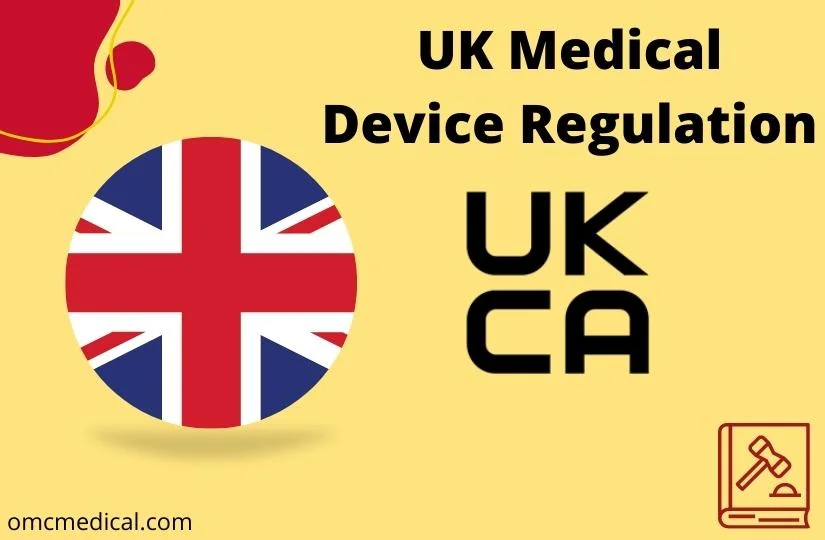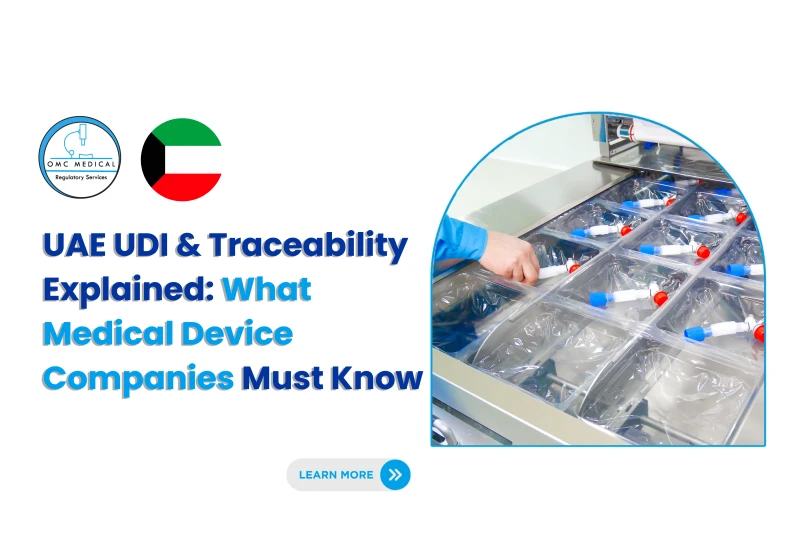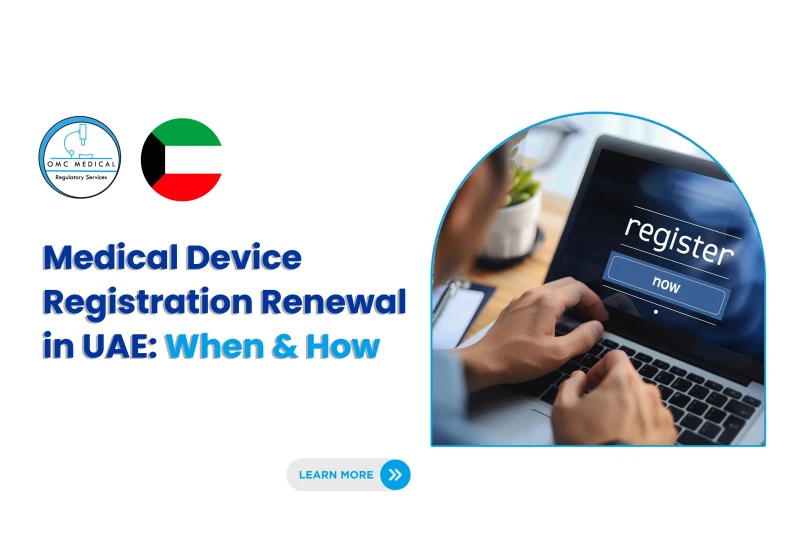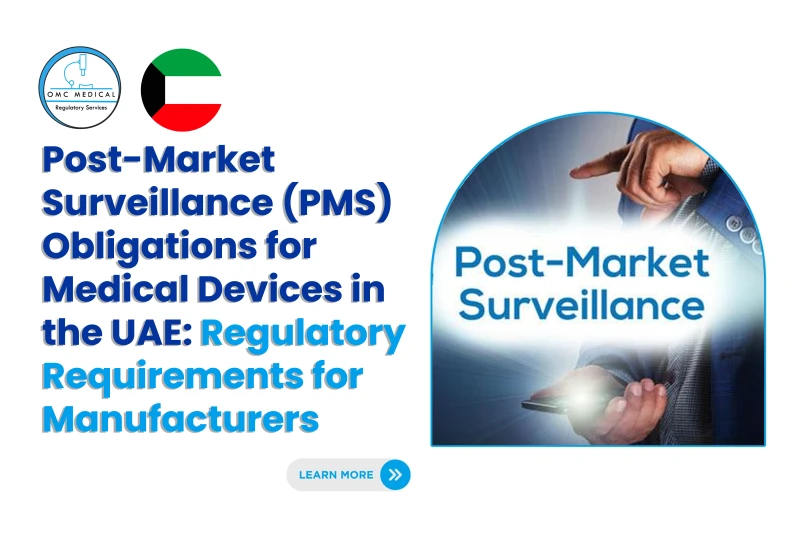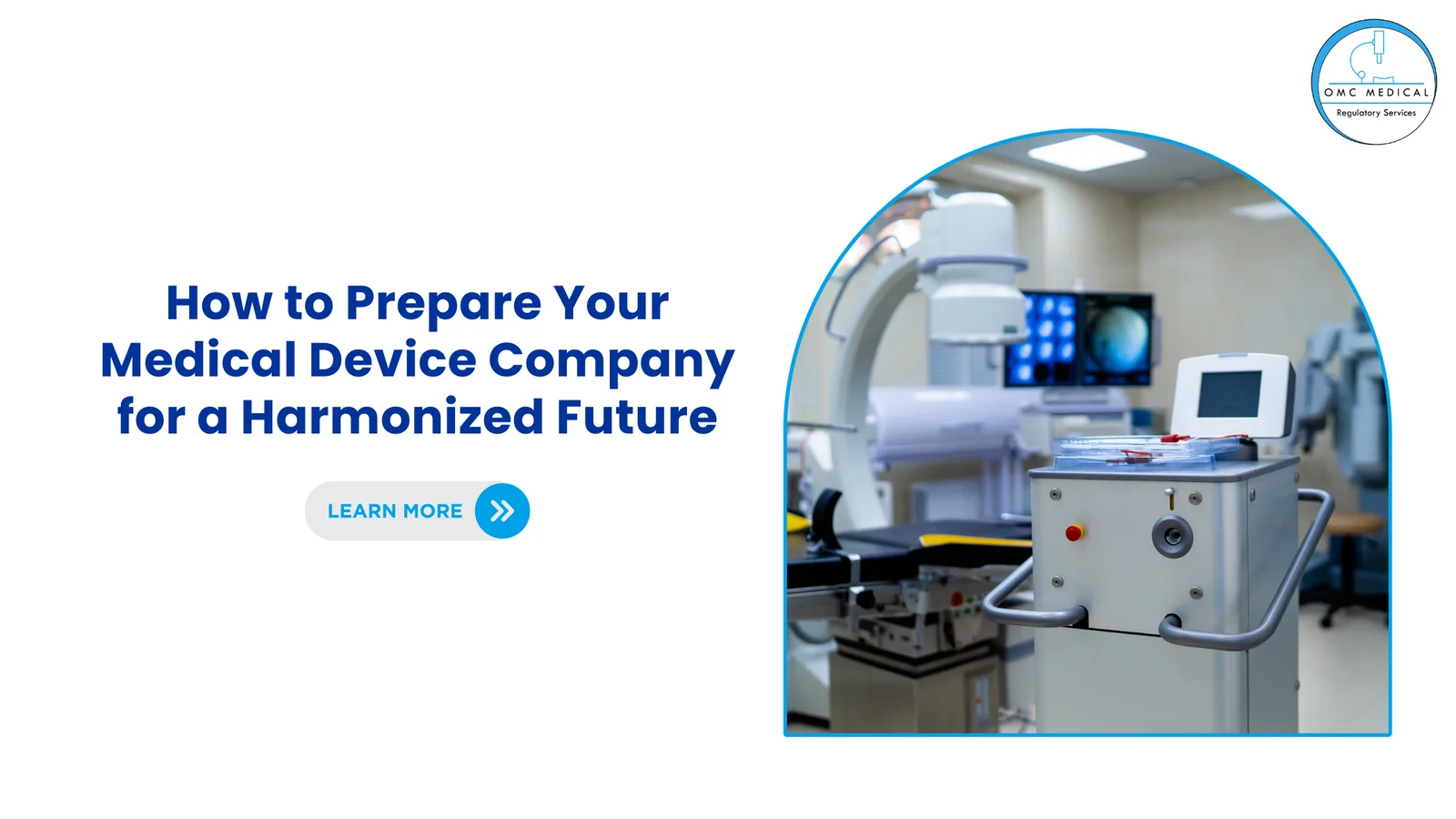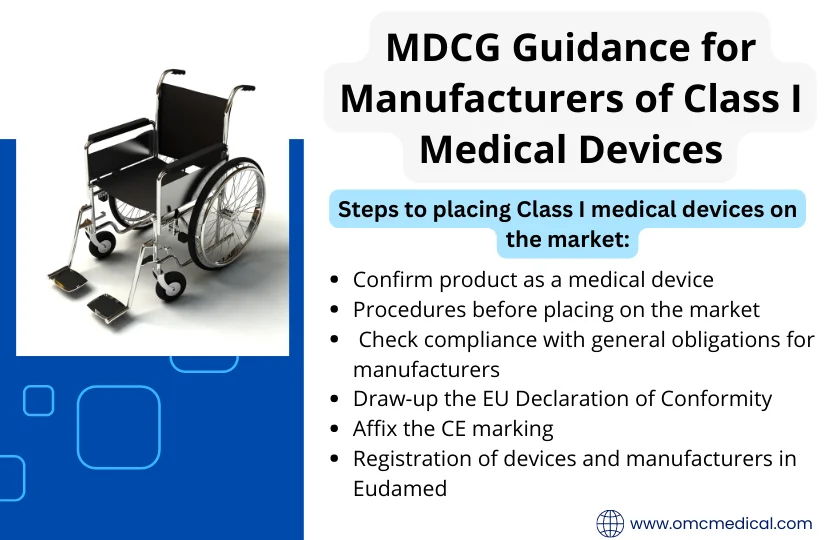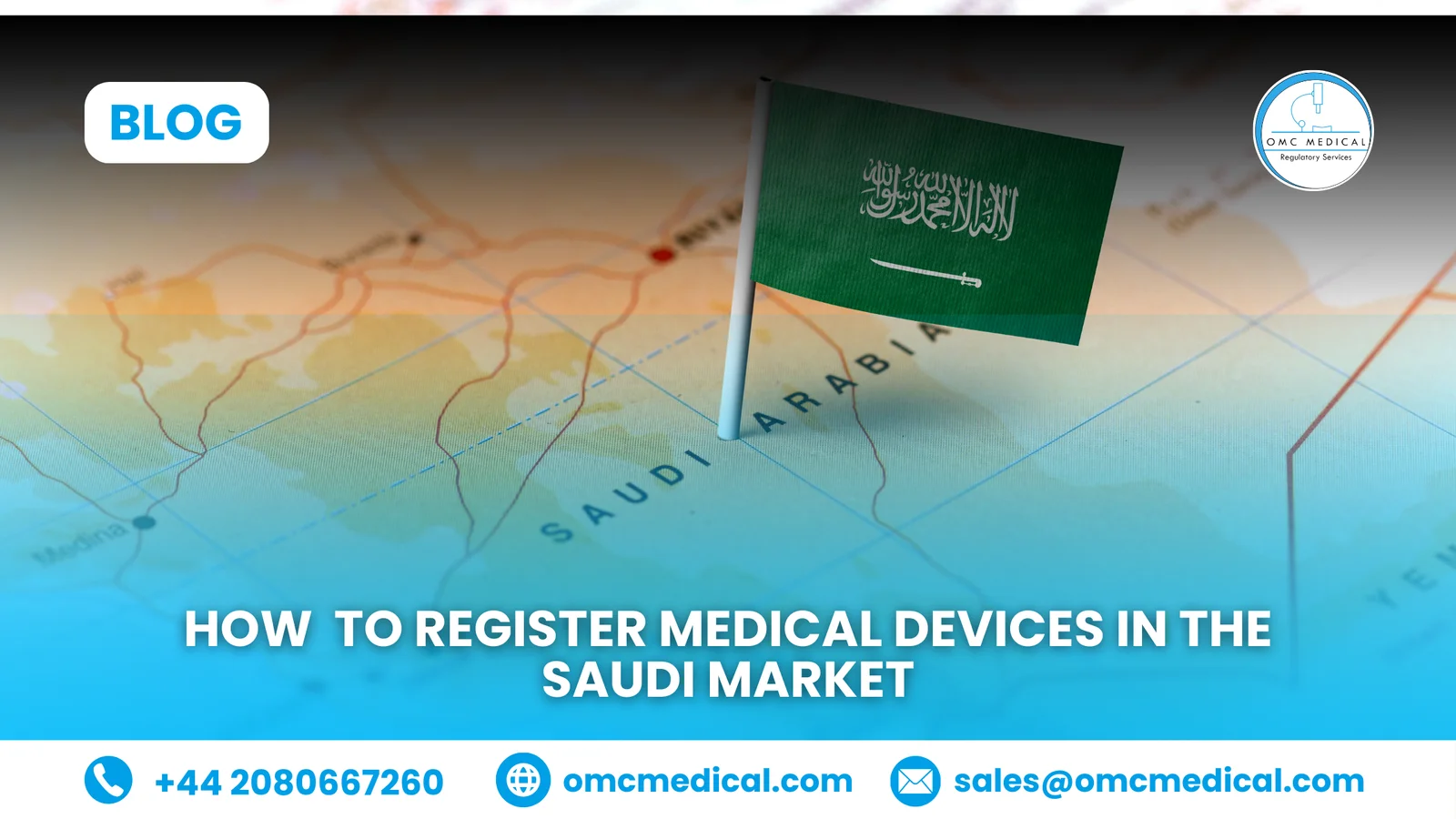UK Medical Device Regulations
Role of MHRA
- Perform market surveillance of medical devices on UK market and will be able to take decisions over the marketing and supply of device in the UK.
- Responsible for designation and monitoring of UK conformity assessment bodies.
UK Approved Bodies
- From 1 Jan 2021, the MHRA will be able to designate UK Medical Device Regulation approved bodies to conduct assessments for UKCA marking
- Existing UK Notified Bodies with designations under the EU MDD, EU IVDD, EU AIMDD will have their designations rolled over automatically, without having to undergo a new designation process.
- Manufacturers of Class I medical devices and general IVDs will be able to self-declare their conformity against Part II and Part IV of the UK MDR 2002 (in the form in which they exist on 1 January 2021), before affixing a UKCA mark and placing the device on the Great Britain market.
- Class I medical devices that are sterile or have a measuring function will still require approval from an Approved Body in order to be affixed with the UKCA mark and placed on the Great Britain market.
Authorised Representatives
- GB based AR not recognised in EU from 01 Jan 2021
- Manufacturer based outside the EU has to appoint a AR in the EU to sell in the EU and UK based AR will not be accepted.
Importer & Distributor
- If Importer is not the UK Responsible Person, the importer will be required to inform the relevant UK Responsible Person of their intention to import a device.
- UK Responsible Person will be required to provide the MHRA with a list of device importers.
- Existing obligations around storage, transportation and checking device labels for the CE marking or UKCA marking will continue to apply.
- The importer’s name and address will not need to be present on the label unless the importer or distributor are acting as the UK Responsible Person.
Registrations in Great Britain
- After the transition period, any medical device, IVD or custom-made device will need to be registered with the MHRA before being placed on the Great Britain market.
- In Great Britain, devices must conform to the UK Medical Device Regulation 2002, the EU MDR (until 30 June 2023), or the EU IVDR (until 30 June 2023) in order to be registered with the MHRA.
- This will apply to devices of all classes.
Registration Data
• Copy of Declaration of Conformity
• E-copy of technical documentation
• Device Certificate as granted by the Notified Body
• Quality Management Certificate
• Database information Manufacturing details
• Letter of Designation
• Contact persons and list of importers
• Database information Device Details
• Database information Product Details
• Catalog/Reference (REF)
• Unique Device Identification
Responsibility of UK – Responsible Person
- Device registration with MHRA before placing device in UK market.
- Ensure declaration of conformity and technical documentation is present & appropriate conformity assessment procedure has been carried out
- Keep a copy of the technical documentation, declaration of conformity, relevant certificate, including any amendments and supplements for inspection by the MHRA.
- Provide the MHRA with all the information and documentation on request
- Cooperate with the MHRA on any preventive or corrective action taken to eliminate or, if that is not possible, mitigate the risks posed by devices.
- Immediately inform the manufacturer about complaints and reports about suspected incidents related to a device for which they have been designated.
- Terminate the legal relationship with the manufacturer if the manufacturer acts contrary to its obligations under these Regulations and inform the MHRA and, if applicable, the relevant notified body of that termination.
Labelling Requirements
- As of 1 January 2021, medical devices placed on the Great Britain market will need to have either a UKCA mark or a CE mark, depending on which legislation the device has been certified under.
- Where relevant, the number of the Notified Body or Approved Body will also need to appear on the label.
- If you already have a valid CE mark on your device, you will not be required to re-label the device with a UKCA mark until 1 July 2023 for placement on the Great Britain market.
- Devices have both marks present in labelling prior to 1 July 2023 and dual marking will be accepted on the UK market after 1 st July 2023.
- From 1 Jan 2021 the name and address of the UK RP , where applicable, will need to be included on the product labelling where the UKCA mark has been fixed.
Post-market surveillance and vigilance
- Once a medical device has been placed on the UK market, the manufacturer will continue to be required to submit vigilance reports to the MHRA when certain incidents occur in the UK Medical Device Regulation that involve their device.
- They must also continue to take appropriate safety action when required. The manufacturer will need to ensure their device meets appropriate standards of safety and performance for as long as it is in use.

